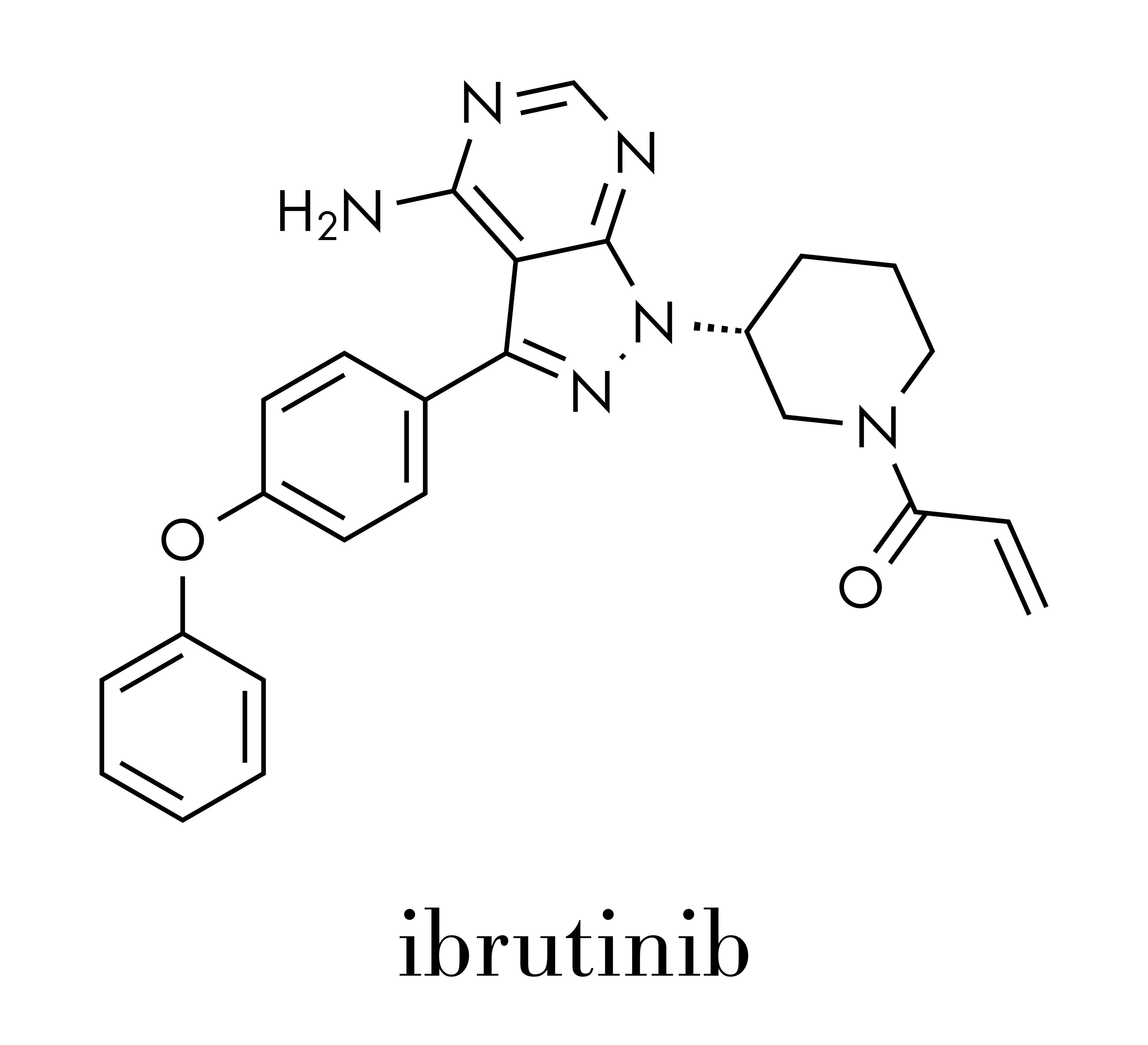- Center on Health Equity & Access
- Clinical
- Health Care Cost
- Health Care Delivery
- Insurance
- Policy
- Technology
- Value-Based Care
Understanding Ibrutinib Relapse in CLL: Immune Profiles of Responders vs Relapsing Patients
A new study identifies potential immune profile differences in patients with chronic lymphocytic leukemia (CLL) that may lead to resistance after ibrutinib therapy.
A new study examines immune profiles in patients with chronic lymphocytic leukemia (CLL) treated with ibrutinib (Imbruvica), focusing on distinguishing the difference in immune response between patients who maintained a long-term response and those who experienced relapse. The study, published in Cells, aimed to identify immune cell changes that may contribute to resistance, which has potential to guide future therapeutic strategies.1
Ibrutinib molecule | image credit: molekuul.be - stock.adobe.com

Researchers analyzed peripheral blood mononuclear cells (PBMCs) from 18 patients with CLL—10 who maintained a complete response and 8 who experienced relapse using high-dimensional spectral flow cytometry. They found a significant increase in the proportion of cycling CD8+ T cells in patients who relapsed compared to responders and a reduction in naïve cell clusters in all the T-cell subsets. "This suggests a rebound in the activation of tumor-specific immune cells due to the awaking of tumor burden, which had thus far been kept in check by treatment," the authors explain.
However, despite these changes in CD8+ T cells, no significant alterations were observed in the expression of 11 different surface checkpoint markers between the 2 groups, suggesting that checkpoint regulation, such as PD-1, was not significantly altered in patients who had relapsed. "Of note, the total proportion of PD-1/TIM-3-co-expressing CD8+ T cells, reported to represent exhausted T cells, was low in both groups," suggesting "T-cell exhaustion was not a general feature of the circulating CD8+ T cells in CLL, at least not through the analysis of traditional inhibitory checkpoints," according to the researchers.
The study also evaluated CD4+ T-cell subsets and noted an increase in ICOS+PD-1+ TFH-like cells in patients who experience relapse. Given the established function of TFH cells in promoting B cell growth and proliferation through the secretion of interleukin-21, the reactivation of TFH cells could contribute to relapse.2 In addition, no significant change in natural killer cells was found between the groups and they are not thought to play a significant role in ibrutinib resistance.1
The study has several limitations, including a small sample size and limiting analysis to circulating blood. The authors add that "the minor changes in the immune parameters in the blood following treatment relapse might be much more pronounced in lymphoid tissues."
Although the overall immune landscape does not appear to drastically change with relapse, the study's findings suggest that specific immune changes, such as cycling CD8+ T cells and TFH-like cells, may contribute to resistance. While ibrutinib remains highly effective for many patients with CLL, resistance remains a frequent challenge.3 "Considering these results, immunotherapeutic targeting of TFH cells, for instance, through anti-ICOS mAbs, currently tested in other hematologic malignancies, is a promising perspective," the authors conclude.1
References:
- Stéphan P, Bouherrou K, Guillermin Y, Michallet AS, Grinberg-Bleyer Y. Immunophenotyping of peripheral blood cells in patients with chronic lymphocytic leukemia treated with ibrutinib. Cells. 2024;13(17):1458. doi:10.3390/cells13171458
- Le Saos-Patrinos C, Loizon S, Zouine A, et al. Elevated levels of circulatory follicular T helper cells in chronic lymphocytic leukemia contribute to B cell expansion. J Leukoc Biol. 2023;113(3):305-314. doi:10.1093/jleuko/qiad006
- Skånland SS, Mato AR. Overcoming resistance to targeted therapies in chronic lymphocytic leukemia. Blood Adv. 2021;5(1):334-343. doi:10.1182/bloodadvances.2020003423
